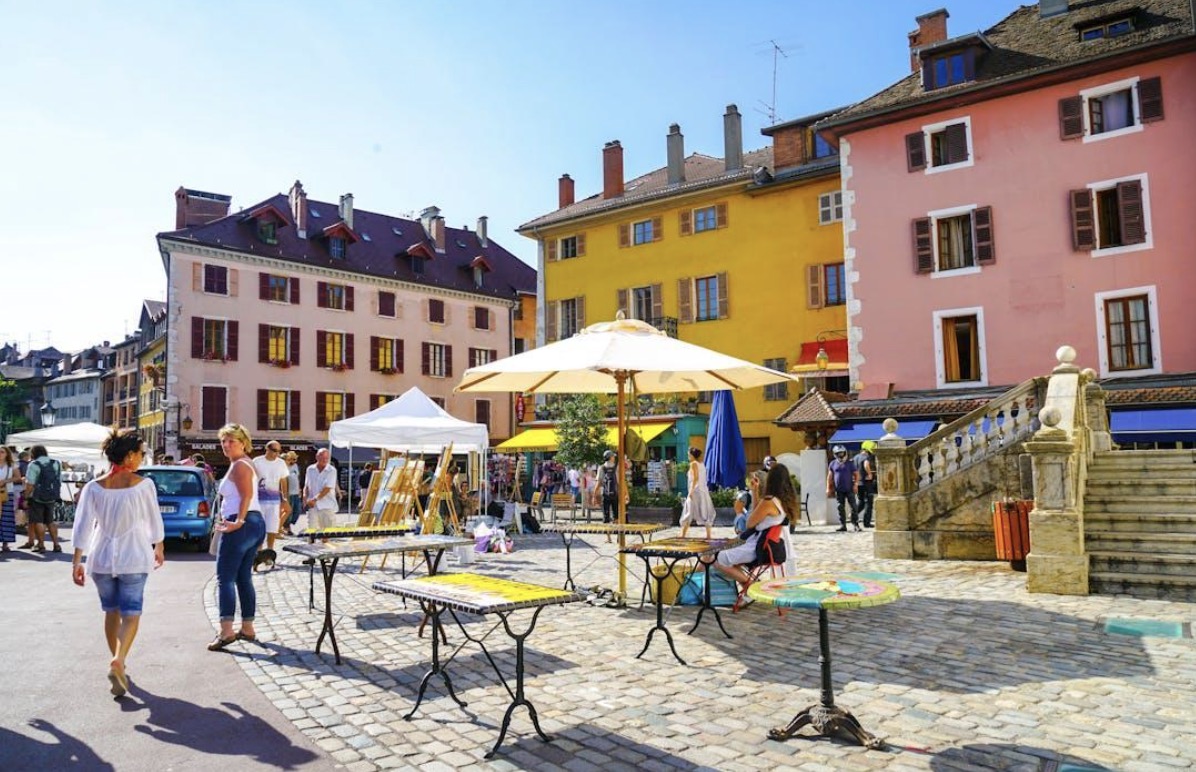Norway is a developed country in the EU with high GDP per capita and very high Human Development. Yet, for some reason Norway does not have top recall. Foreign professionals aspiring to migrate to the EU often fail to consider Norway as an option. Here is a quick look at how Norway stacks up against the other EU countries as a destination for migration.
Very high Human Development
Multiple surveys and research studies have found that Norway is a great place to live. In 2019 the UN Human Development Index (HDI) ranked Norway number 1 in terms of the quality of life. Norway ranked higher than Switzerland, Ireland, Germany, the UK and the US. That’s not all. Norway ranked #1 on HDI for 12 out of 15 years. The index ranks countries on aspects like health, income, and education. Norway offers an exceptional quality of life to native citizens and foreign migrants alike.
A welcoming land
Norwegians are considered to be humble, polite, and straightforward. They leave others to their own devices. This means no exchange of pleasantries in public places. No ‘sorry’, ‘excuse me’, or ‘thank you’. New migrants to Norway can initially find this rude. However nothing is further from the truth. This is simply the Norwegian way of being polite. Kristin Rygg, Associate Professor at Norway School of Economics, calls this ‘politeness theory’. She explains, “In the Norwegian version of politeness, it’s more important not to bother other people. And engaging in meaningless chat with people we don’t know definitely comes under the definition of bothering them.” Norwegian politeness also extends to foreigners.
This is often somewhat of a culture shock when moving to Norway. In reality Norwegians are largely warm and welcoming of foreigners. Megan Starr, an American expat and blogger who has lived in Norway for more than 4 years has only glowing observations of Norwegians. She finds them “some of the coolest and the most relatable people on earth.” She also finds them tolerant, readily accepting of other beliefs, and secular. “They are an easy-going bunch and revel in self-deprecating humor and don’t stop short of poking fun at themselves.”
Relaxed work culture
Norway has a booming tech sector and a flourishing healthcare industry. The country offers ample employment opportunities for highly skilled migrants. The Average Salary Survey 2020 estimates that foreign professionals in Norway earn on average NOK 640,541 (EUR 62,260) annually. This is favorable in comparison with average salaries in France (EUR 57,671 or NOK 593,340), Spain (EUR 47,036 or NOK 483,923), and the UK (EUR 55,362 or GBP 49,879 or NOK 569,593). An InterNations survey from 2018 found that 72% of foreign professionals in Norway earn more than they would in their own countries.
Employees enjoy 5 weeks of paid holidays annually, maternity and paternity leave, and pleasant working conditions. Norwegian firms have some of the most flexible working hours. Many foreign professionals comment on how much free time they get when they first start working in Norway. A typical work day starts at 8 AM and ends at 4 PM. Many employers relieve their employees early on days that are pleasant and sunny.
Immigration policies
To live and work in Norway, foreign individuals from non-EU countries require valid residence and work permits. To get work permits they must have full-time job offers from Norwegian employers. They must also be suitable for the jobs applied (higher educational qualifications).
An interesting feature of the policy is that a minimum salary must be guaranteed. The employment agreement must be for a minimum pre-tax annual salary amounting to NOK 421,700 (EUR 40,688). This is for jobs that require a master’s degree. For jobs that need only a bachelor’s degree the pre-tax annual salary must be at least NOK 391,800 (EUR 37,797). This requirement may sound radical when compared with the migration-for-work schemes of other countries. However, there is a very good reason for this policy to be in place. Norway is actively participating in the UN’s Global Agenda 2030. This includes the pursuit of income parity among its residents, both native and foreign.
The policy has proved to be very successful. Norway boasts one of the highest GDPs per capita in the world. The IMF estimates that in 2020 GDP per capita in Norway was NOK 545,840 (EUR 54,054). This was the sixth highest in the world. Norway ranked much higher on GDP per capita than major EU economies including Germany (#15 at EUR 43,824), France (#23 at EUR 37,184), and the UK (EUR 36,320). The higher earnings enable migrant workers in Norway to regularly send significant amounts in remittances to their families back home. Channels such as the Ria Money Transfer App are household names among migrant communities.
Vacancies
There is a continuous demand in Norway for highly skilled workers in technology, engineering, medical, and research fields. Norway’s official employment statistics show that the country had 190,000 new job vacancies in 2020.
Norway has an informal job market. This means job openings are not advertised on the usual channels. The Norwegian Labor and Welfare Administration recommends job aspirants to send a general application over email to any company of interest.
About the author:
Hemant G is a contributing writer at Sparkwebs LLC, a Digital and Content Marketing Agency. When he’s not writing, he loves to travel, scuba dive, and watch documentaries.






